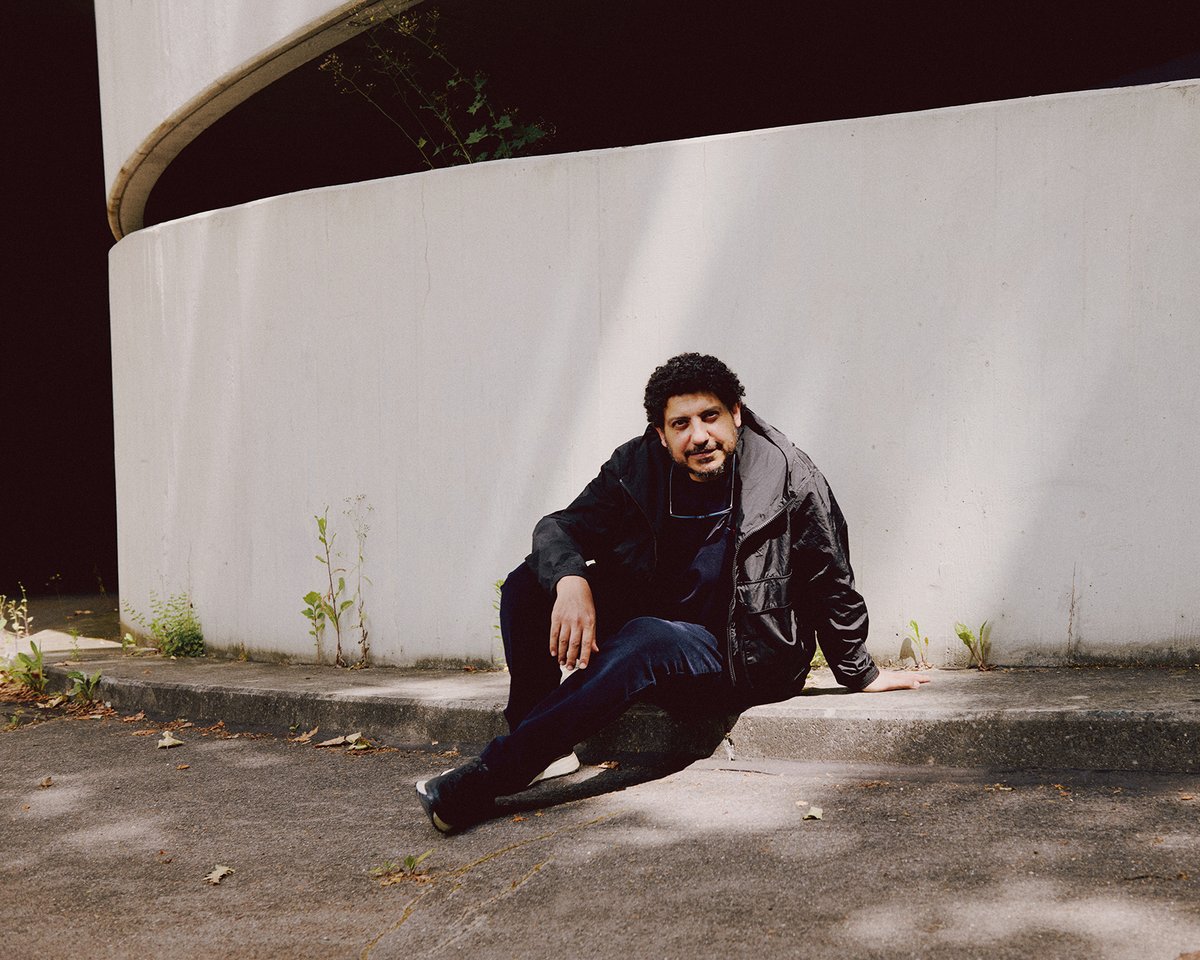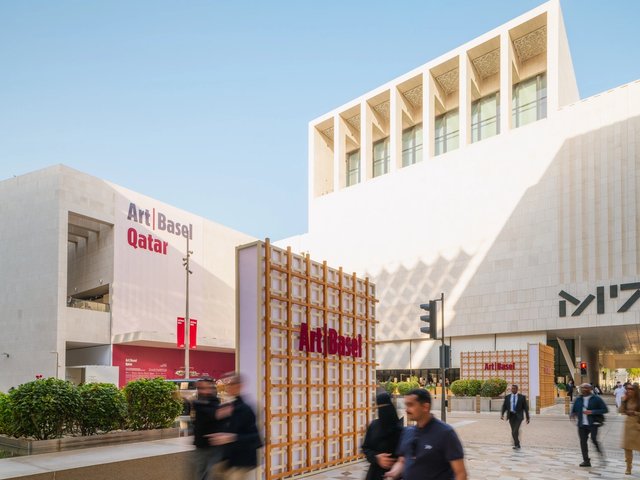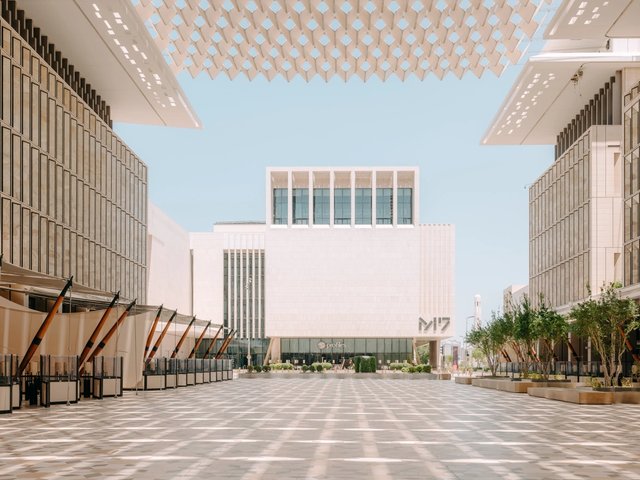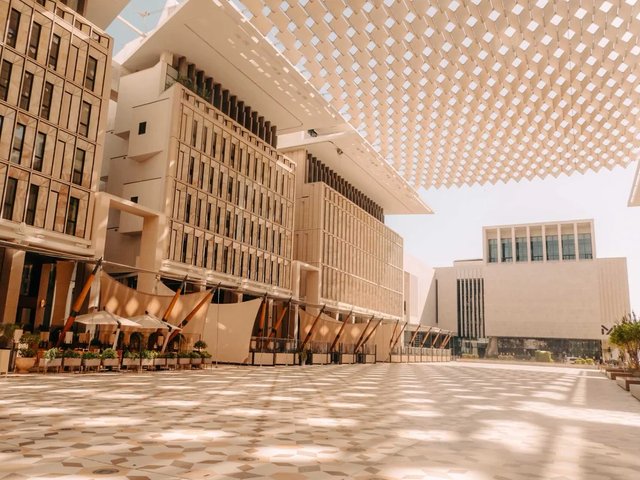In a left-field move, Art Basel has appointed the Egyptian artist Wael Shawky as the artistic director of its inaugural Doha fair. Art Basel Qatar (ABQ), a partnership between the Swiss fair brand and two Qatar state-owned enterprises, QC+ and Qatar Sports Investments (QSI), will be held across the M7 and Doha Design District sites from Thursday 5 to Saturday 7 February 2026, with VIP days on 3 and 4 February.
Shawky, who received widespread critical acclaim for his Egypt Pavilion at the 60th Venice Biennale, is the first artist to be appointed to a leadership position at an Art Basel fair. He will work alongside Art Basel’s chief artistic officer and global director of fairs, Vincenzo de Bellis, to realise the forthcoming show.
“I am an unconventional choice,” Shawky tells The Art Newspaper. Fittingly then, the first edition of ABQ will stray from the traditional fair format: each prospective gallery is being asked to submit a solo artist presentation for a stand of around 33 sq m, in response to Shawky’s chosen curatorial theme of Becoming. “This framework will allow for an exploration of artistic practices in the Mena [Middle East and North Africa] region and beyond,” he says.
“The flexible format means Wael can shape the show how he wants,” De Bellis says, adding that it will bear some resemblance to Art Basel’s Unlimited section. While an initial number of “approximately 50” exhibitors was floated in a May press release, De Bellis expects this number will increase, after QC+ granted the fair more space in the M7 venue.
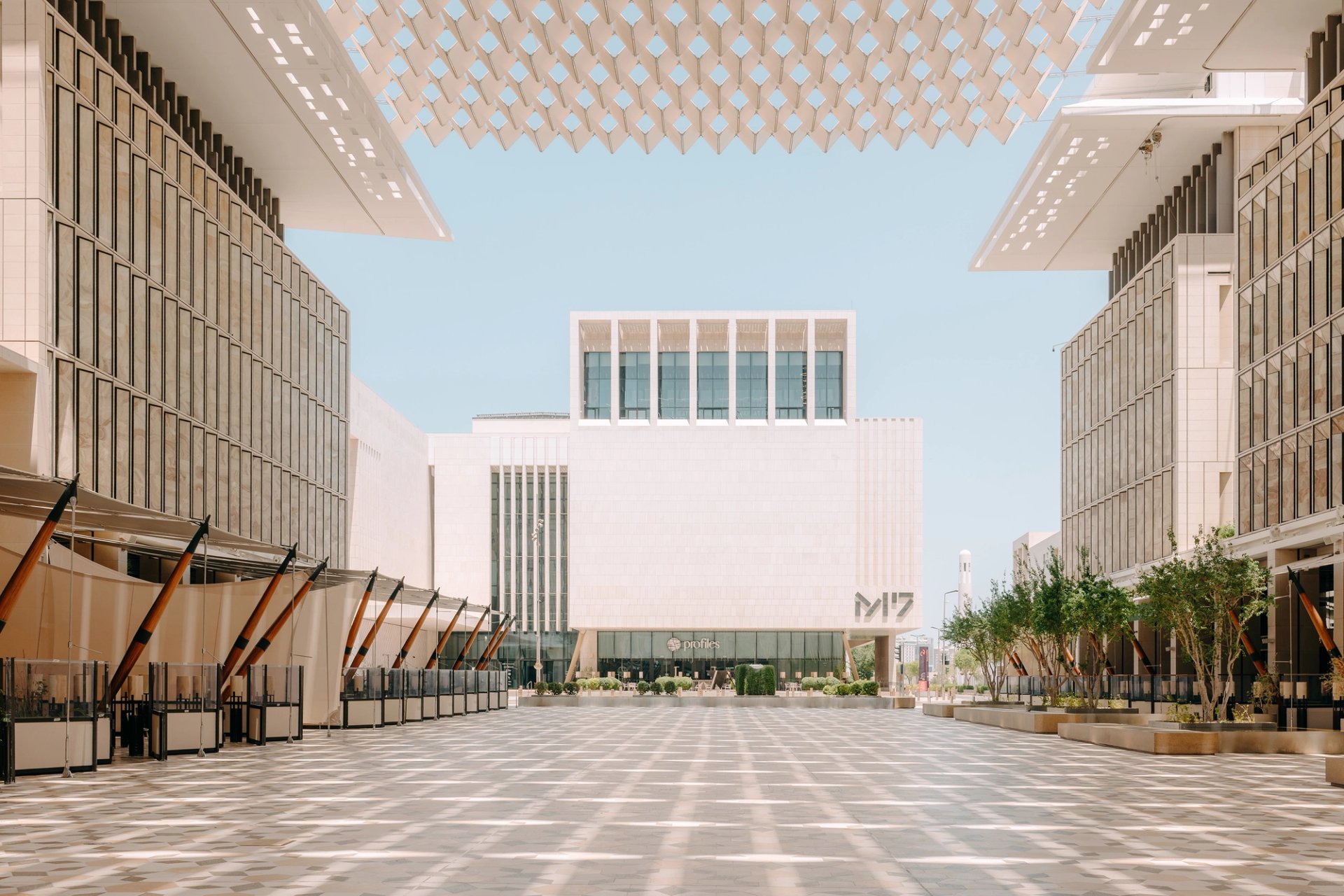
M7 in Doha, one of the two venues of Art Basel Qatar
Courtesy of Art Basel
It is unclear whether Shawky’s position as artistic director will extend past this edition, as ABQ is a “project that will evolve naturally over time,” De Bellis says. “Coming into this region, we wanted to do things carefully, thoughtfully, go more in-depth and not overwhelm. That doesn’t mean this is the only model that could work.”
With regards to the gallery selection process, Shawky explains that he and De Bellis will jointly make the initial cut, before deliberating with the selection committee, made up of the following dealers: Lorenzo Fiaschi (Galleria Continua); Shireen Gandhy (Chemould Prescott Road); Daniela Gareh (White Cube); Mohammed Hafiz (Athr Gallery); Sunny Rahbar (The Third Line); and Gordon VeneKlasen (Michael Werner).
Can the fair tap into a burgeoning art scene?
“It makes sense that Art Basel would align itself with Qatar,” Rahbar says. She opened a Doha branch of The Third Line in 2008 that shut two years later. “We were there too early, I think. But Qatar—and the whole region—has grown tremendously since. Qatar also has Al Jazeera and great universities, it has a culturally engaged audience. And I do think there is a collector base now that there wasn’t 18 years ago.”
Rahbar notes similarities between the format of ABQ and the inaugural Art Week Riyadh, an April selling show held in the Saudi capital. Launched by the Kingdom’s Visual Arts Commission, the event asked galleries to bring curated presentations of work, in a model described by some participants as halfway between a biennial and a fair. “Many agree that the format of art fairs will have to change,” Rahbar says. “What we saw in Riyadh, and will see in Qatar, allows for more in-depth learning about artists. I think it’s an appealing way to engage with what is a still a relatively new collecting base.”
It is not just local collecting habits, but also cultural norms that will be tested with Art Basel's first foray into the Gulf region. Chiefly, whether the Swiss fair brand can freely exhibit work about subjects that are more restricted within Qatar, such as depictions of nudity and homosexuality.
De Bellis insists that there will be no oversight or restrictions from the Qatar state as to the content of the fair. “It is important for us to maintain a uniformity of standards across all our shows."
Rather, it will be up to Shawky, who relocated to Doha last year to lead the contemporary art space the Fire Station, to maintain the “nuances of the region”. Speaking on censorship in the Gulf, the artist says: “I understand there are some limitations here. But I’ve never seen these limitations stop things in terms of the quality of exhibitions in Doha.” Shawky also points out the presence of censorship in the West: “There is no complete freedom anywhere.”
Unclear financial terms
The exact relationship between Art Basel and Qatar, most importantly the extent of the financial transactions between the two, remains unclear. “While we do not comment on the financial terms of any partnership, joining forces with leading Qatari entities QSI and QC+ [a cultural commerce organisation] enables us to establish a long-term and sustainable presence in the region,” De Bellis says.
He also addresses the fact that the inaugural ABQ will coincide with two of the Global South’s biggest art fairs, India Art Fair in New Delhi and Zona Maco in Mexico City (both held between 5 and 9 February 2026). “The situation is incredibly unfortunate,” says De Bellis. He explains that the 2026 dates were dictated by exhibitions taking place in M7 venues before and after the fair. In future editions, he continues, Art Basel will work in dialogue with these other fairs to try and avoid clashes.


